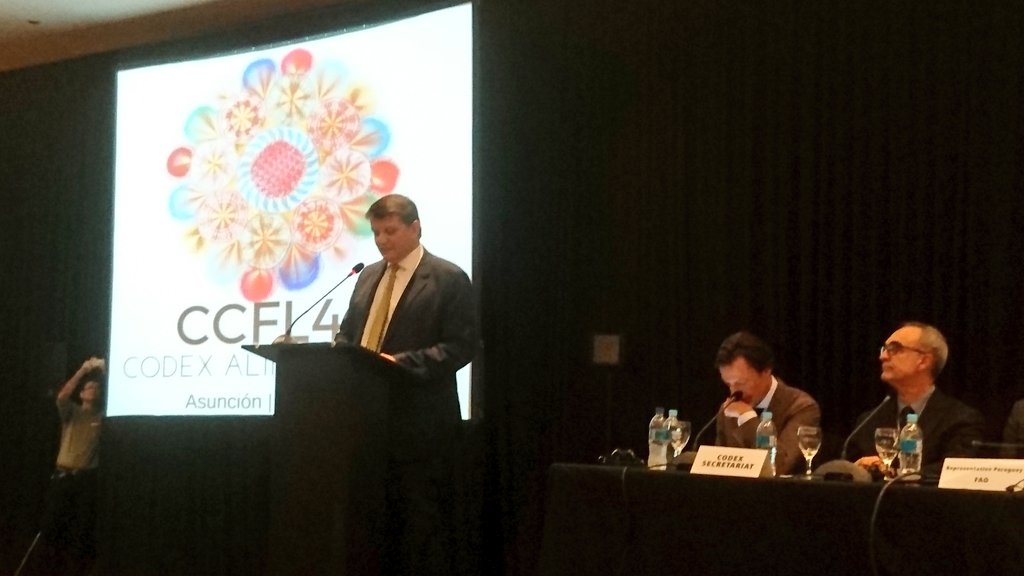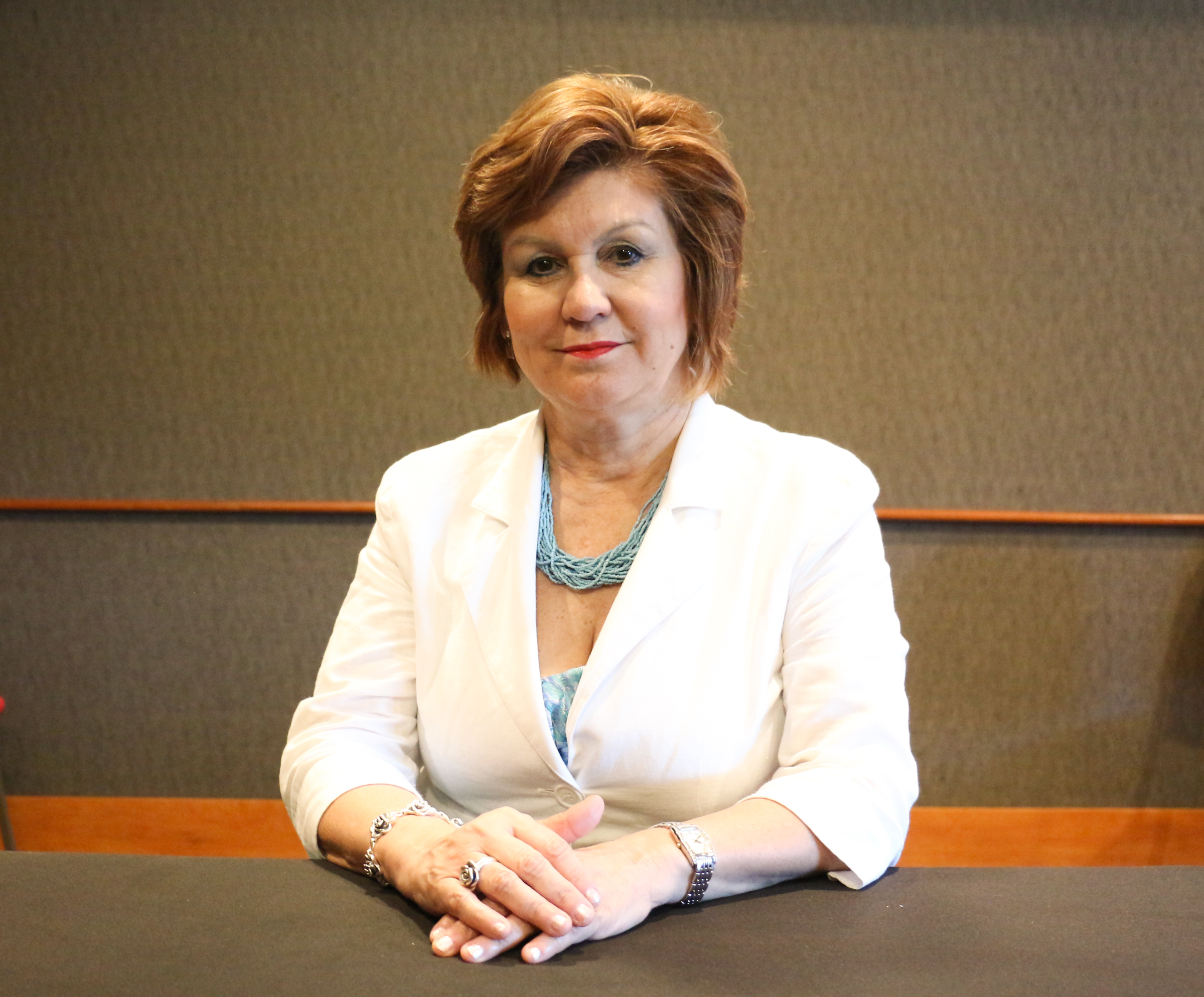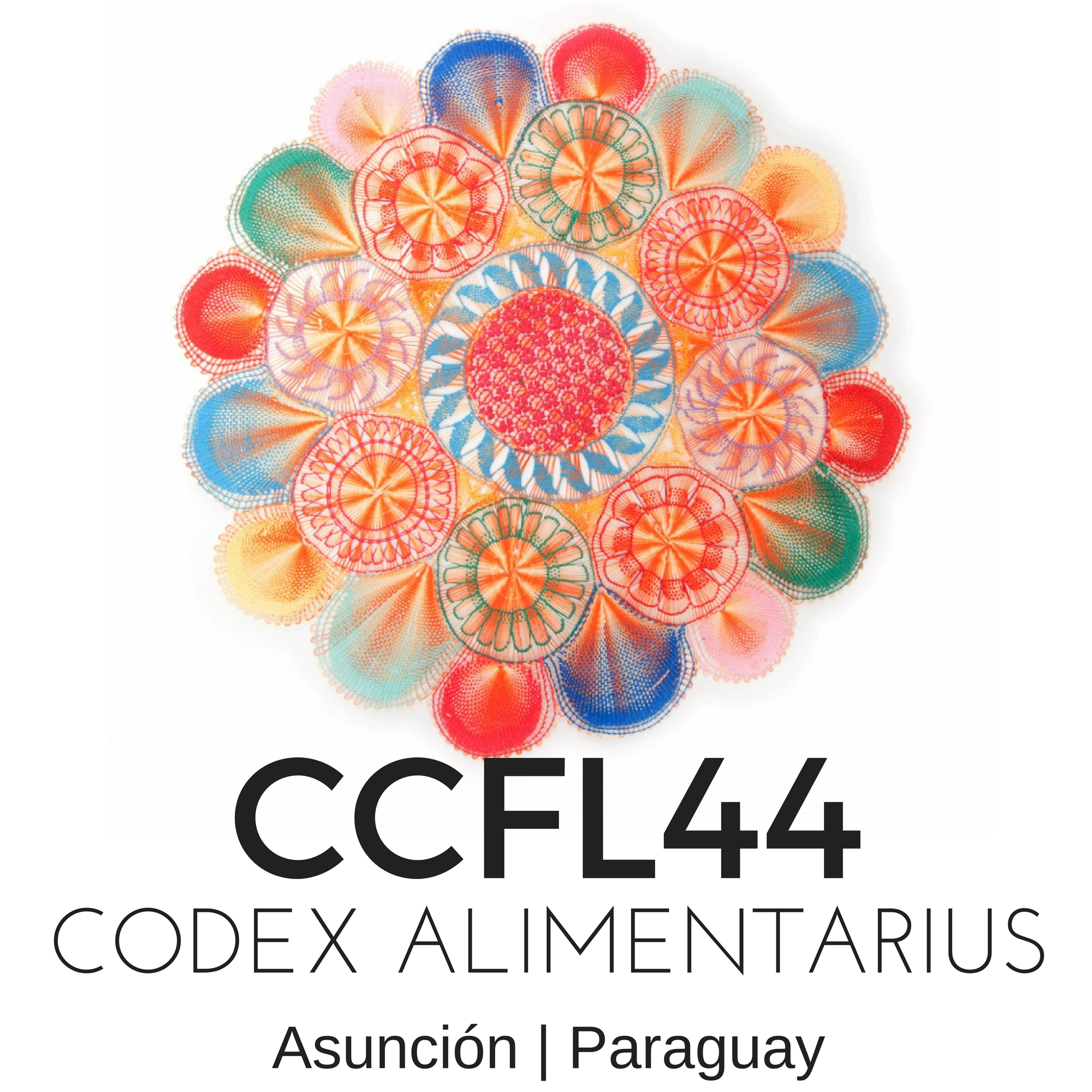A commitment to food safety in Paraguay with Codex
Asunción, Paraguay
The Codex Committee on Food Labelling (CCFL) is tasked with drafting “provisions on labelling applicable to all foods,” which makes it one of the areas in Codex that directly and visibly touches all our lives almost every time we make a food purchase.
The permanent hosts of CCFL, Canada, are co-hosting this meeting from 16-20 October in Asunción, Paraguay together with the National Institute of Technology, Standardization and Metrology (http://www.intn.gov.py/). Co-hosting arrangements of this kind between governments allow those involved in food safety, trade and all aspects of Codex international standard setting work in the region to gain first-hand experience and meet with global experts from the wider Codex community.
Topics under discussion throughout the week include date marking, the labelling of non-retail containers and nutrition labelling. Codex work on labelling is a direct and highly visible response to ensure that food is safe, of expected quality and can be traded without undue restrictions. Different labelling systems can create problems for export and trade. Global consistency also allows consumers to better understand the food choices they make.
A commitment to food safety in Paraguay with Codex

Vice Minister of Industry and Commerce, Oscar Stark
In opening the meeting, Vice Minister of Industry and Commerce, Oscar Stark told delegates that "in Paraguay Codex standards are used to demonstrate a commitment to food safety".
Harmonization of food labelling
Speaking to the Codex Secertariat, Mr Stark said: "As a co-hosting country we hope to contribute to the work of CCFL, such as the harmonization of food labeling in its different aspects and the strengthening and the empowerment of the different actors involved also at national level."
"At the same time, we hope that Paraguay will become a strategic location in the continent for future international events,” he said.

Director General of the National Institute of Standards, Technology and Metrology of Paraguay (INTN), Dr Lilian Martinez de Alonso said: "For this meeting we expect that all delegates not only show consensus on approving new standards and new work of the Committee, but we also look forward to presenting a proactive response to food labelling issues, always considering food safety and quality as a way of protecting the health of consumers."
The Chairperson of the Codex Alimentarius Commission Guilherme da Costa said: "Food labelling is the principle means between food producers and consumers to ensure safety and transparency."
Follow items on the CCFL agenda here.
Follow INTN in Spanish on social media:
Facebook - https://www.facebook.com/intn.paraguay/
Twitter - https://twitter.com/INTNPy

At the heart of the Codex mandate are the core values of collaboration, inclusiveness, consensus building and transparency. Governmental and non-governmental, public and private organizations alike play a vital role in ensuring Codex texts are of the highest quality and based on sound science.
Codex would have little authority in the field of international standard setting if it did not welcome and acknowledge the valuable contributions made by observers. Expert technical bodies, industry and consumer associations
contribute to the standard-setting process in a spirit of openness, collaboration and transparency.
Intergovernmental organizations (IGOs) and international non-governmental organizations (NGOs) can apply for observer status in Codex in order to attend and put forward their views at every stage of the standard-setting process.
 Current Codex Alimentarius Commission
Current Codex Alimentarius Commission
A commitment to food safety in Paraguay with Codex
Asunción, Paraguay
The Codex Committee on Food Labelling (CCFL) is tasked with drafting “provisions on labelling applicable to all foods,” which makes it one of the areas in Codex that directly and visibly touches all our lives almost every time we make a food purchase.
The permanent hosts of CCFL, Canada, are co-hosting this meeting from 16-20 October in Asunción, Paraguay together with the National Institute of Technology, Standardization and Metrology (http://www.intn.gov.py/). Co-hosting arrangements of this kind between governments allow those involved in food safety, trade and all aspects of Codex international standard setting work in the region to gain first-hand experience and meet with global experts from the wider Codex community.
Topics under discussion throughout the week include date marking, the labelling of non-retail containers and nutrition labelling. Codex work on labelling is a direct and highly visible response to ensure that food is safe, of expected quality and can be traded without undue restrictions. Different labelling systems can create problems for export and trade. Global consistency also allows consumers to better understand the food choices they make.
A commitment to food safety in Paraguay with Codex

Vice Minister of Industry and Commerce, Oscar Stark
In opening the meeting, Vice Minister of Industry and Commerce, Oscar Stark told delegates that "in Paraguay Codex standards are used to demonstrate a commitment to food safety".
Harmonization of food labelling
Speaking to the Codex Secertariat, Mr Stark said: "As a co-hosting country we hope to contribute to the work of CCFL, such as the harmonization of food labeling in its different aspects and the strengthening and the empowerment of the different actors involved also at national level."
"At the same time, we hope that Paraguay will become a strategic location in the continent for future international events,” he said.

Director General of the National Institute of Standards, Technology and Metrology of Paraguay (INTN), Dr Lilian Martinez de Alonso said: "For this meeting we expect that all delegates not only show consensus on approving new standards and new work of the Committee, but we also look forward to presenting a proactive response to food labelling issues, always considering food safety and quality as a way of protecting the health of consumers."
The Chairperson of the Codex Alimentarius Commission Guilherme da Costa said: "Food labelling is the principle means between food producers and consumers to ensure safety and transparency."
Follow items on the CCFL agenda here.
Follow INTN in Spanish on social media:
Facebook - https://www.facebook.com/intn.paraguay/
Twitter - https://twitter.com/INTNPy

 Codex and Observer
Codex and Observer
around the world since ancient times.
We might not always know where it comes from,
but we expect it to be available, safe and of good quality.









Leave a comment